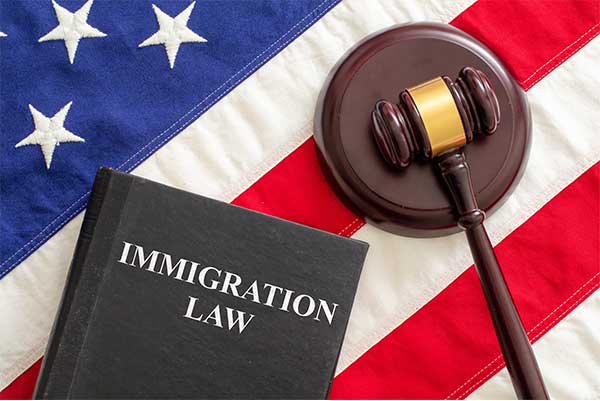What Is the Uniform Child Custody Jurisdiction Act?
Family law varies by state, which means child custody arrangements become especially complicated if one parent moves. The National Criminal Justice Reference Service reports that divorce affects more than 1,000,000 children in the United States every year, and a large number of them can expect one or both of their parents to leave the state in which the separation occurred at some point.
In order to simplify child custody arrangements following a move across state lines, the United States enacted the Uniform Child Custody Jurisdiction and Enforcement Act. This statute establishes custody standards that courts must adhere to around the country, regardless of the standards in their own state.
If you think you or your spouse will leave Florida in the near future and you want to discuss what that might mean for your custody arrangement, turn to The Law Offices of Michael M. Raheb, P.A. Mr. Raheb is a child custody attorney who offers free, no-obligation consultations. Call 866-949-0888 to schedule a meeting with a Naples child custody lawyer, and read on to learn more about the UCCJA:
What Is the Uniform Child Custody Jurisdiction Act?
The United States enacted the UCCJA in 1968. In 1997, the Uniform Child Custody Jurisdiction and Enforcement Act replaced the UCCJA because the original act was not consistent with the Parental Kidnapping Prevention Act.
Today, the UCCJEA is effective in 49 states, the District of Columbia, the U.S. Virgin Islands and Guam. Only Massachusetts and Puerto Rico have not adopted it.
Americans are incredibly mobile, and the UCCJA, PKPA and UCCJEA all aim to address issues that arise when one or both parents leave the state in which they received the original child custody arrangement. Under the UCCJA, there were four main principles that determined whether a court had jurisdiction over a custody arrangement. The court could make decisions regarding a custody dispute if:
- The court was in the child’s home state;
- The child had strong ties to individuals—doctors, teachers, other relatives—in that state;
- The child was living in that state for safety reasons; or
- No other state met one of the above criteria.
Under the UCCJA, the court in the child’s original home state had the right to resolve a custody dispute based on the best interests of the child; however, if another state met one of the above criteria, the court in that state could proceed without first determining if another state was in fact the home state. Under the PKPA, though, the child’s home state always has priority when it comes to resolving custody disputes, even if another states meets one of the above criteria.
The UCCJEA supports the PKPA position, and any state that is not the home state of the child must defer to the home state when making custody decisions. A state may take temporary emergency jurisdiction over a case, but it can only last for as long as it takes to secure the threatened individual’s safety.
If you or your ex-spouse is planning on leaving Florida and you have questions for a child custody lawyer, turn to The Law Offices of Michael M. Raheb, P.A. Call 866-949-0888 to schedule an initial consultation with a Naples child custody attorney. You can learn more about child custody laws in Florida by visiting USAttorneys.com.






































